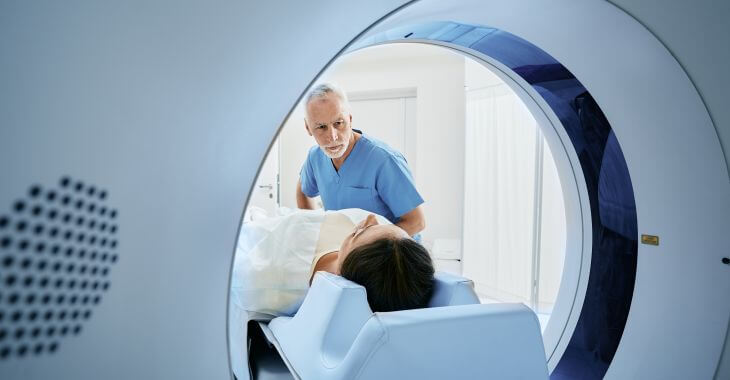How Often Should You Have a Mammogram?
Early detection and early treatment are the two most effective tools for improving your prognosis and chances of survival when it comes to breast cancer. Self-exams and manual exams performed by your doctor are important, but mammograms are still the very best option for detecting and diagnosing breast cancer at an early stage. Unfortunately, there is often a high level of confusion regarding the recommended starting age and frequency of mammogram testing.
The two primary concerns regarding mammogram testing are exposure to low levels of radiation, and the relatively rare chance of a false positive result. A false positive will require additional testing, but can be the source of significant anxiety in patients. As a result, there is a bit of disagreement among researchers and medical organizations regarding the most effective schedule for mammogram testing. The Mayo Clinic and American Cancer Society, for instance, suggest mammograms to all women beginning at the age of 40 and continuing on an annual basis thereafter. The U.S. Preventative Services Task Force guidelines, on the other hand, recommend screening at 50 with repeated testing every two years.
Sifting Through Conflicting Guidelines
Because detecting breast cancer early and obtaining timely treatment can dramatically increase the chance of a woman’s survival, may be difficult to understand why there is such controversy regarding the frequency of testing. For most women, the decision is one which can only be made on an individual level with their primary care physician. Because there are so many determining factors regarding breast cancer risk, it’s essential that you share your full family history with your doctor and thoroughly discuss the regularity with which you should be tested. As with so many things in life, there really is no one-size-fits-all answer for the questions surrounding mammogram frequency and starting age.
If you’re not sure when you should start getting mammograms and how often they should be repeated, contact your medical care professional to make an appointment for addressing your concerns. You may also find it reassuring to contact a diagnostic imaging center and breast care specialist to discuss mammogram guidelines.
Posted on behalf of Diagnostic Radiology
The information provided on this website, including text, graphics, images, and other materials, is intended solely for informational purposes and should not be used as a substitute for professional medical advice, diagnosis, or treatment.


)